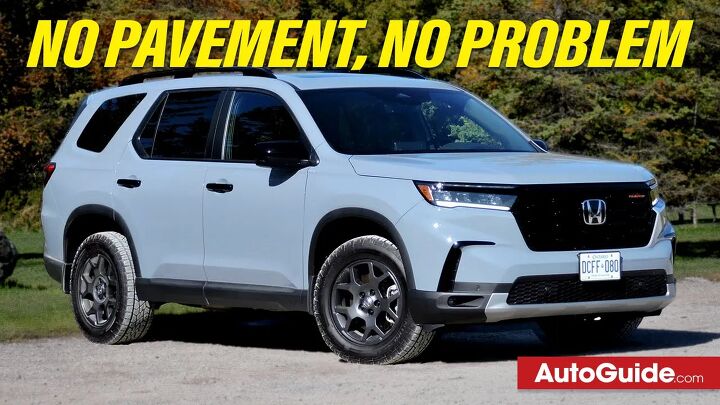Pulse of Information
Your source for the latest insights and updates.
Are You Sure You Need That New Car?
Is a new car really worth it? Discover surprising truths that could save you money and rethink your next purchase!
The True Cost of a New Car: What You Need to Know
When considering the purchase of a new car, it's essential to understand the true cost beyond just the sticker price. While the initial cost can be enticing, additional expenses quickly add up. From insurance premiums and registration fees to regular maintenance and fuel expenses, buyers often overlook these recurring costs. Moreover, it's vital to consider depreciation, as a new car loses value rapidly within the first few years. To help clarify, here's a breakdown of some typical expenses associated with a new car purchase:
- Insurance Premiums: These can significantly impact your monthly budget.
- Registration Fees: Often required annually and can vary by state.
- Maintenance Costs: Regular servicing is essential for vehicle longevity.
- Fuel Expenses: These can fluctuate based on vehicle type and current gas prices.
In addition to the direct costs, it's crucial to factor in financing options if you're not paying cash upfront. Interest rates on auto loans can add hundreds, if not thousands, to the overall price of the vehicle, potentially altering your budget strategy. Additionally, don't forget the impact of your purchase on long-term finances. A new car can affect your credit score, which plays a significant role in future loan approvals. Ultimately, a thorough understanding of the true cost of a new car will prepare you for a more informed decision and help avoid any financial surprises down the road.

5 Questions to Consider Before Buying That New Car
Buying a new car is a significant investment, and there are several important questions to consider beforehand. One of the primary factors to think about is your budget. Determine how much you can afford, not just for the initial purchase, but also for ongoing expenses such as insurance, maintenance, fuel, and potential financing costs. Evaluate whether you want to buy outright or consider leasing as an option, as this could impact your overall financial situation.
Another critical question revolves around your specific needs. What will you primarily use the car for? If you have a growing family, you might need a spacious SUV or minivan, whereas someone who commutes alone may lean towards a compact or fuel-efficient vehicle. Additionally, think about the long-term implications of your choice. Does the car have good resale value? Are there features that are increasingly necessary, like advanced safety tech or eco-friendly options? Taking the time to address these questions will lead to a more informed and satisfying car purchase.
Is Your Current Car Enough? Evaluating Your Needs vs. Wants
When considering whether your current car is enough, it's essential to conduct a thorough evaluation of your needs versus your wants. Start by listing your daily requirements, such as commuting to work, running errands, and transporting family or equipment. These are your basic needs and should heavily influence your decision. For instance, if you live in a region with harsh weather conditions, a sturdy vehicle may be essential, while a compact car could suffice in a milder climate. Understanding these fundamentals can help clarify if your car meets your necessary criteria or if it's time to upgrade.
Once you have assessed your practical needs, it’s time to reflect on your wants. This includes features that enhance your driving experience, such as advanced technology, better fuel efficiency, or additional cargo space. Consider creating a prioritized list to weigh which features you truly desire versus those that simply catch your eye. For example, if safety ratings are paramount to you, this should hold significant weight in your evaluation. Ultimately, finding the balance between needs and wants will guide your decision, ensuring that your vehicle not only serves its purpose but also satisfies your personal preferences.